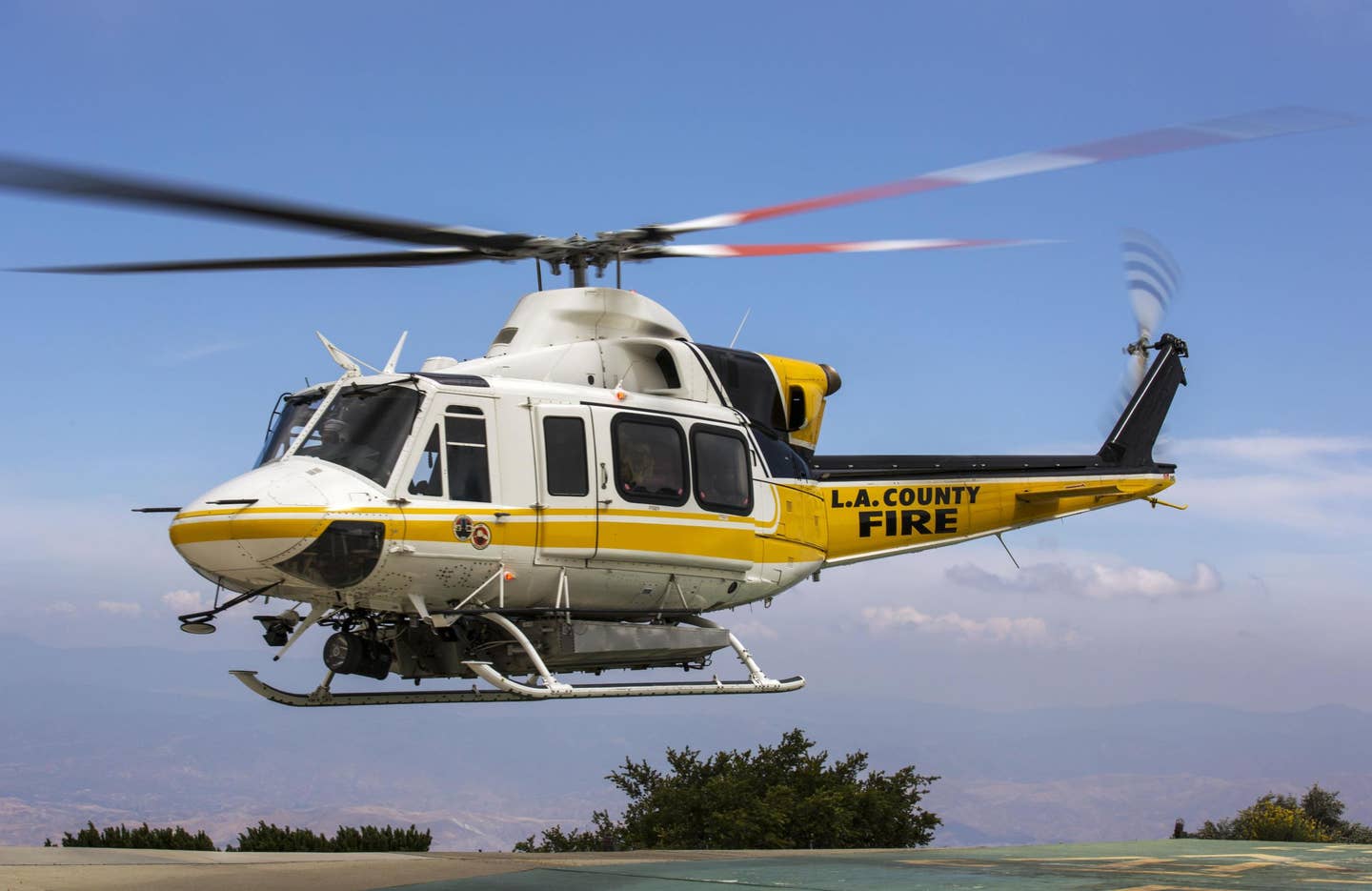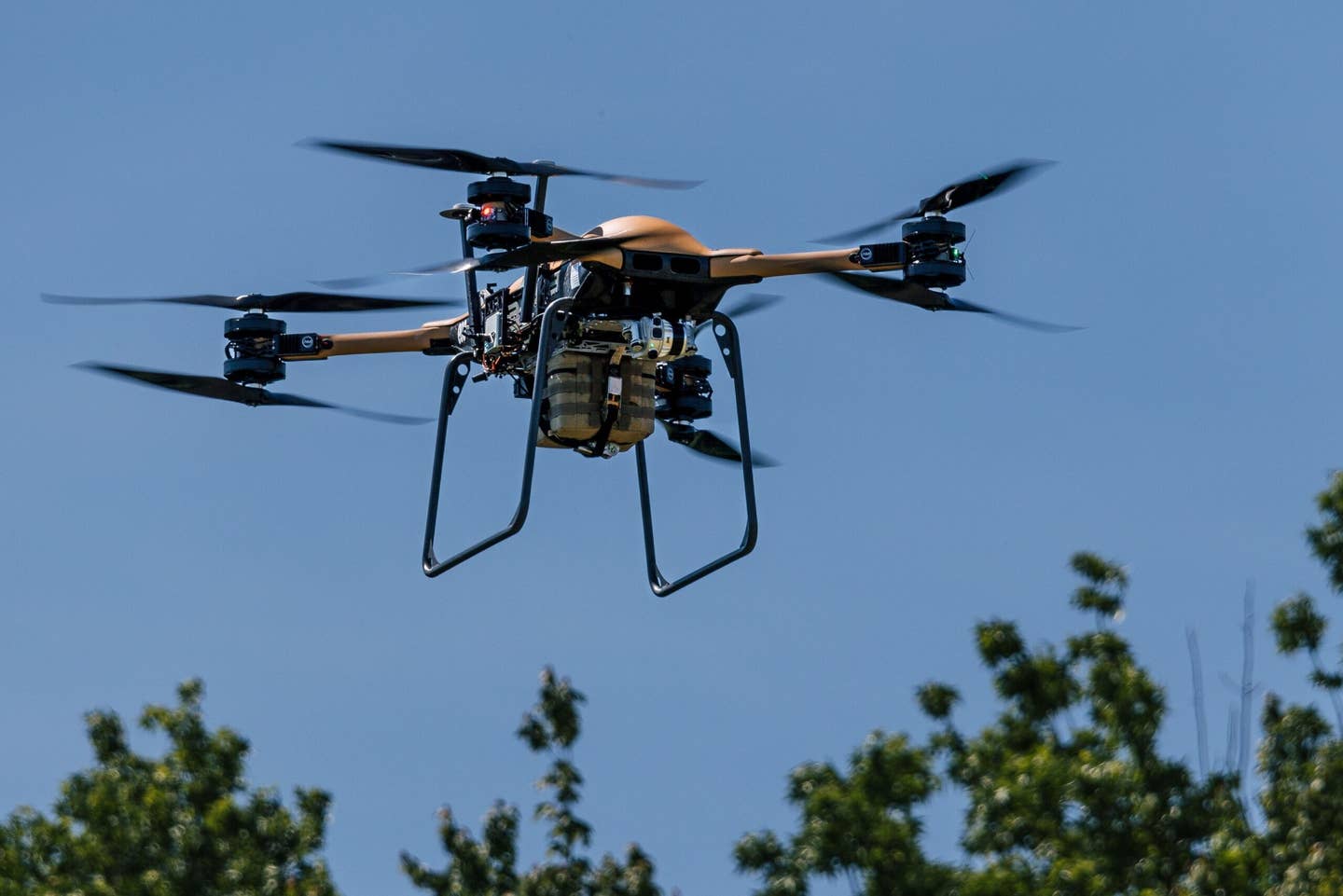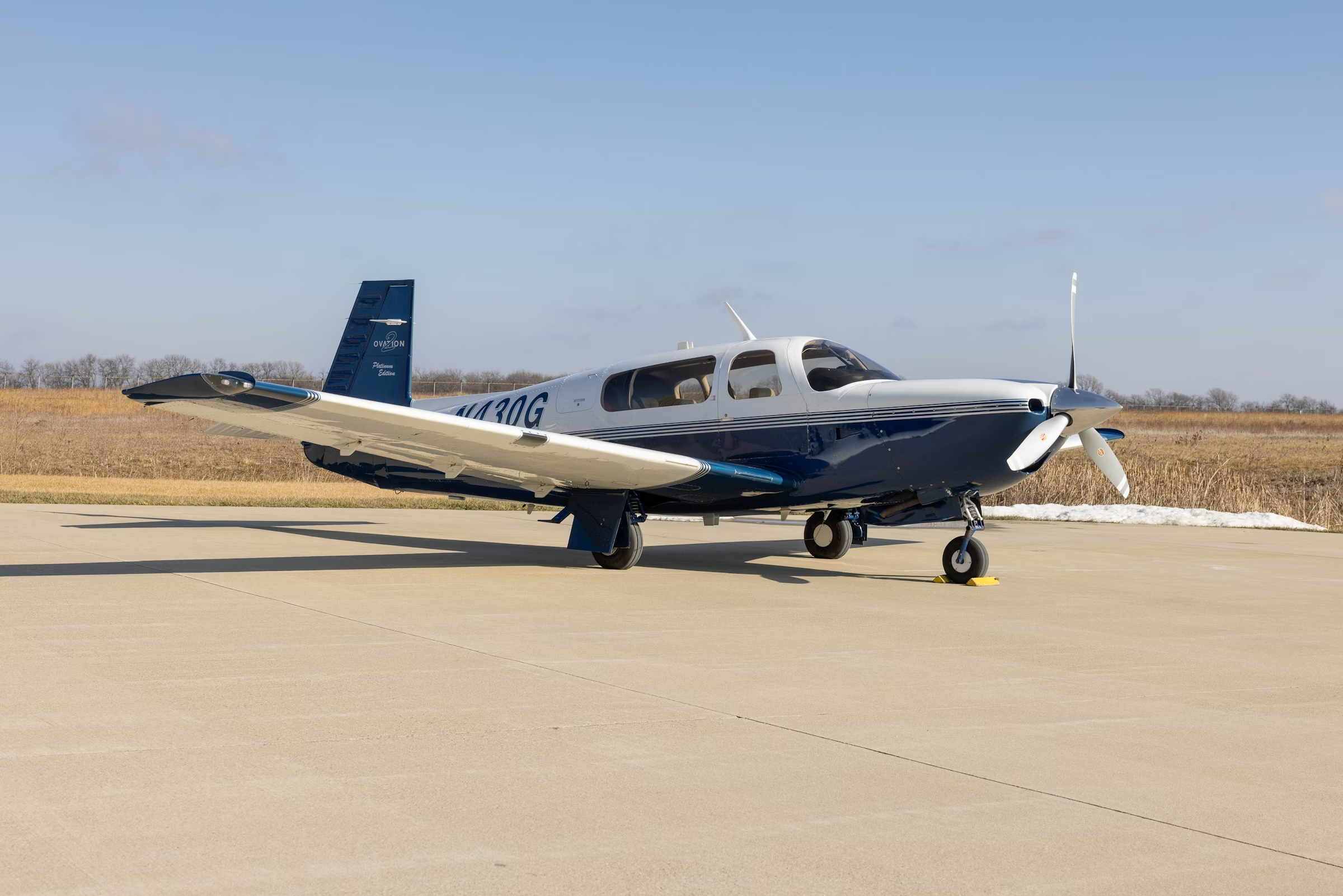
The USHST will soon make safety recommendations after its recent analysis of helicopter fatal-accident data. Bell Helicopter
The U.S. Helicopter Safety Team (USHST) said a recently completed analysis of fatal accidents that occurred between 2009 and 2013 will become the basis for a number of safety recommendations in addition to targeted community outreach efforts.
Between 2016 and 2019, the USHST, an industry-government partnership, wants to see a reduction in fatal accidents. The group hopes that by 2019 the rate will hover around 0.61 fatal accidents per 100,000 flight hours. Results for the first six months of 2016 have already shown encouraging signs as the fatal accident rate declined to 0.54, a 47 percent decrease compared to 2013. The fatal-accident-rate goal to watch for 2016 is 0.73 or lower.
A quick review of the latest analysis shows that of the 104 fatal helicopter accidents between 2009 and 2013, the major causes don’t look all that different from those related to fatal accidents in fixed-wing aircraft. Fully 50 percent stem from three causes: loss of control in flight (19), unintended flight into IMC (18) and accidents related to low-altitude operations (15).
Also beginning this month, ad-hoc teams within the USHST will begin developing safety recommendations aimed at mitigating these fatal accidents. A plan incorporating those recommendations will be used to create an action plan expected to appear by early 2017.
Outreach efforts, expected to be ongoing through seminars and convention presentations over the next three and a half years, will focus on the sectors that generate the majority of fatal helicopter accidents, including personal/private flight operations, helicopter air ambulance, commercial helicopter operations and the aerial application industry.

Sign-up for newsletters & special offers!
Get the latest FLYING stories & special offers delivered directly to your inbox






